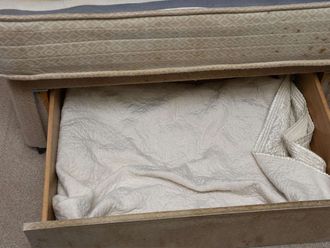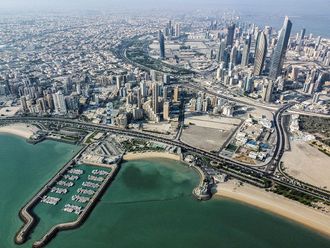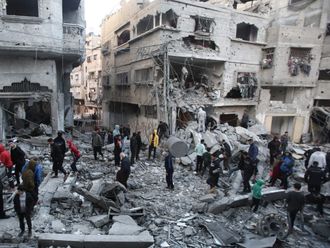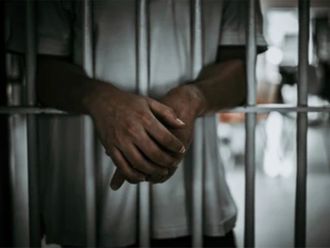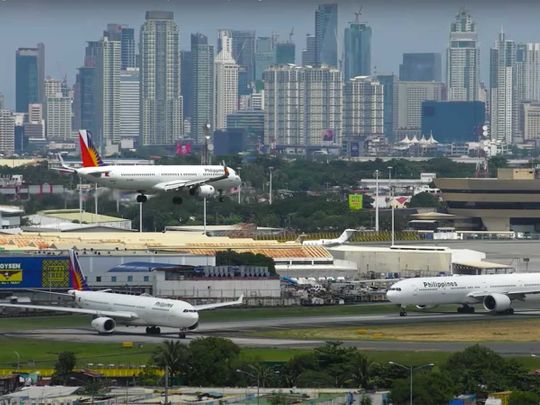
Highlights
- Scrapping of Philippines quarantine mandates for vaccinated flyers from North America possible from next week
- Japan to cut quarantine period from 10 days to 3 days
- South Korea eases travel curbs, imposes vaccine passports
The Philippines could scrap facilities-based quarantines for vaccinated travellers especially from North America from next week, as new cases have dropped to an eight-month low.
Meanwhile, more Philippine Local Government Units (LGUs) are expected to ease travel restrictions as the nationwide COVID vaccination drive gets ramped. More point-to-point travel for all ages is also expected to be allowed by the LGUs — empowered under Philippine law to make decisions on imposing/easing of travel curbs within their jurisdiction.
However, local decisions on easing of travel curbs depend on the level of vaccinations among seniors, pregnant women and persons with co-morbidities.
A total of 60.4 million COVID vaccine doses have been administered nationwide since the rollout began in March, the Department of Health (DOH) said Wednesday. Health Undersecretary Myrna Cabotaje told Philippine News Agency that the National Capital Region has the highest number of fully-jabbed individuals at 8.6 million, or 88.13% of its 13.9 million population. The Cordillera Administrative Region has 502,283 fully-vaccinated individuals, or 39.37% of its 1,822,719 population.
The national average of fully-vaccinated individuals is 22.2%. This ranks it 4th in the Asean, and 23rd out of 205 countries. The government aims to increase the average daily jab rate to 1.5 million doses.
Relaxed travel protocols
Following as the LGUs in leading Philippine tourist spots that have relaxed travel protocols:
- Cebu
- Iloilo
- Butuan
- Dipolog
- Tacloban
- Dumaguete
- Cagayan de Oro, and
- Palawan
The Department of Tourism has rolled out free swab tests for domestic tourists, a move that could boost travel. Meanwhile, flag-carrier Philippine Airlines has announced it will resume flights to Manila-Bohol flights from November 22, followed by AirAsia PH from December 1.
Boracay now open
The world-famous Boracay Island was reopened to tourists from General Community Quarantine (GCQ) areas from last month, following the approval of the Inter-Agency Task Force. Boracay-bound tourists are required to submit a negative RT-PCR test results taken within 72 hours prior to arrival and a hotel booking.
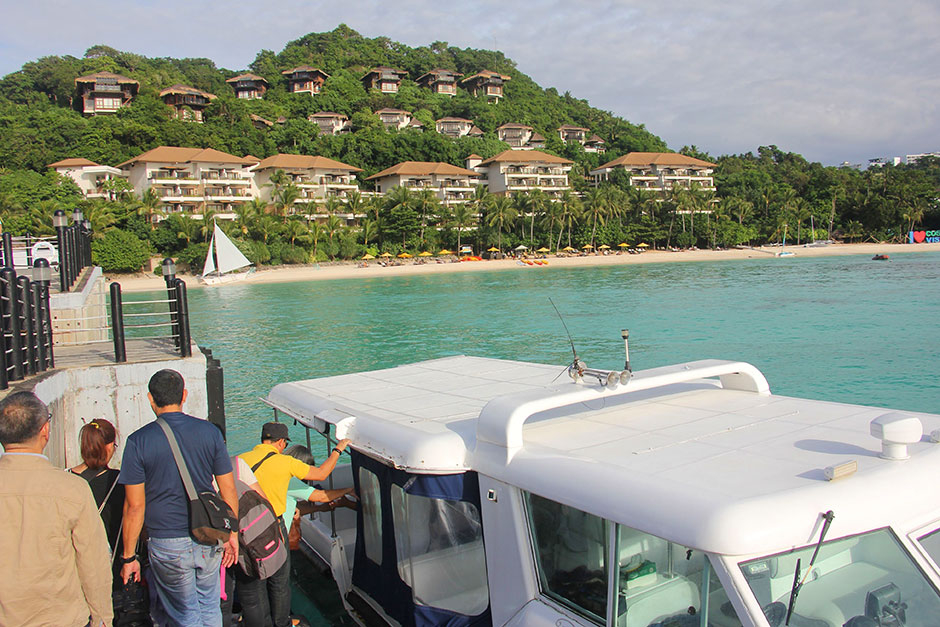
More LGUs are expected to follow suit. Intensified vaccination drive across the country has helped ease travel curbs while ensuring the safety. On Tuesday, Davao City has announced the lifting of the mandate for barriers in jeepneys and other public utility vehicles as these barriers "will no longer be required."
Lowest number in 8 months
On Tuesday (November 2, 2021), the Philippines logged its lowest number of new COVID-19 cases in the past eight months with 2,303 new infections, the lowest case count since March 3. The positivity rate — the percentage of tested people who return positive results — dropped to 6.8% based on 29,679 tests reported on October 31.
Meanwhile, facility-based quarantine mandate for fully-vaccinated Filipinos from North America may be scrapped from as early as next week, in a move to encourage overseas Filipino workers flying home for the holidays.
Countries like the US, Canada, the UAE and Saudi Arabia were excluded from the latest list of “green countries” or territories tagged as low risk for COVID-19. Joey Concepcion, Presidential Adviser for Entrepreneurship, said vaccinated travellers would be tested 48 hours before departure and be tested again upon their arrival in the Philippines. Data from Philippine Airlines show that a 4,000-per-day cap for international passenger arrivals is a small fraction of the 40,000 average pre-pandemic numbers.
Japan: Quarantine period to be cut to 3 days from 10
Japan’s government plans to shorten COVID-19 quarantine periods for inbound business travellers from 10 days to three, public broadcaster NHK reported on Tuesday.
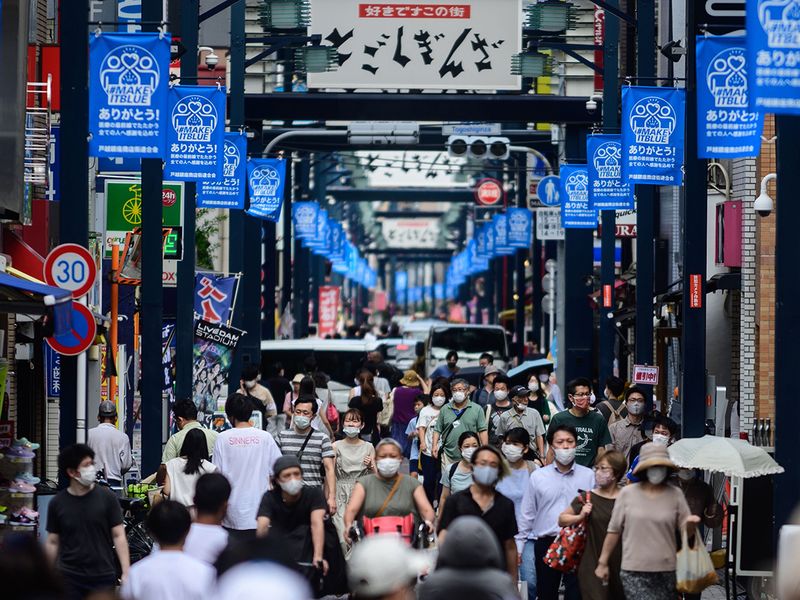
73% vaccinated
Japan has given 190 million COVID-19 doses, representing 72.9% of its population now fully vaccinated. The easing may be instituted as early as next Monday, NHK stated. Moreover, Tokyo plans to expand the number of daily border entrants from 3,500 people to 5,000 later this month. Japan's current 10-day quarantine for travellers, regardless of vaccination status, has already been shortened from 14 days.
Business groups in Japan have urged the government to ease border restrictions to be more in line with major trading partners. The US and EU allow entry to travellers from most countries as long as they have proof of COVID-19 vaccination.
S. Korea: Travel curbs eased, vaccine passports implemented
South Korea has announced easing of travel curbs as “living with COVID-19” scheme came into effect on Monday (November 1, 2021). South Korean health authorities have scrapped all operating-hour curbs on restaurants and cafes even as the country has implemented its first vaccine passport for high-risk venues such as gyms, saunas and bars, as it tries to "live with COVID-19".
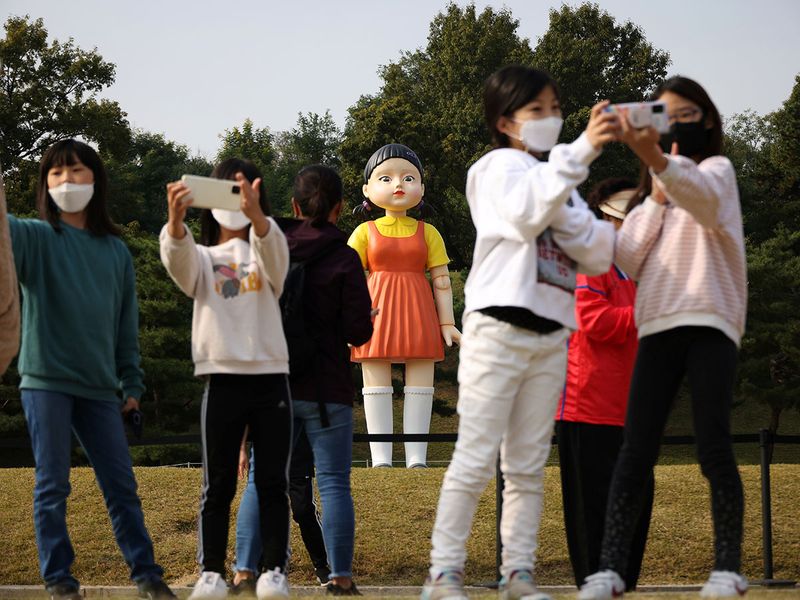
The first phase, which came into effect on Monday, will last for a month, officials said. Seoul plans to scrap all restrictions by February 2022.
75% vaccinated
Nearly 75% of South Koreans are fully vaccinated as of November 1. The country reported 1,588 new cases on Monday (November 1, 2021), bringing the total to 368,000 cases, though serious infections and deaths are low.
To ease the labour shortage faced by companies due to the pandemic, the South Korean government is poised to ease restrictions on the entry of foreign workers as local companies
Under the Employment Permit System (EPS), a government-to-government program allows Korean companies to hire foreign workers in sectors such as agriculture, fishery, construction and manufacturing from labour sending countries.


